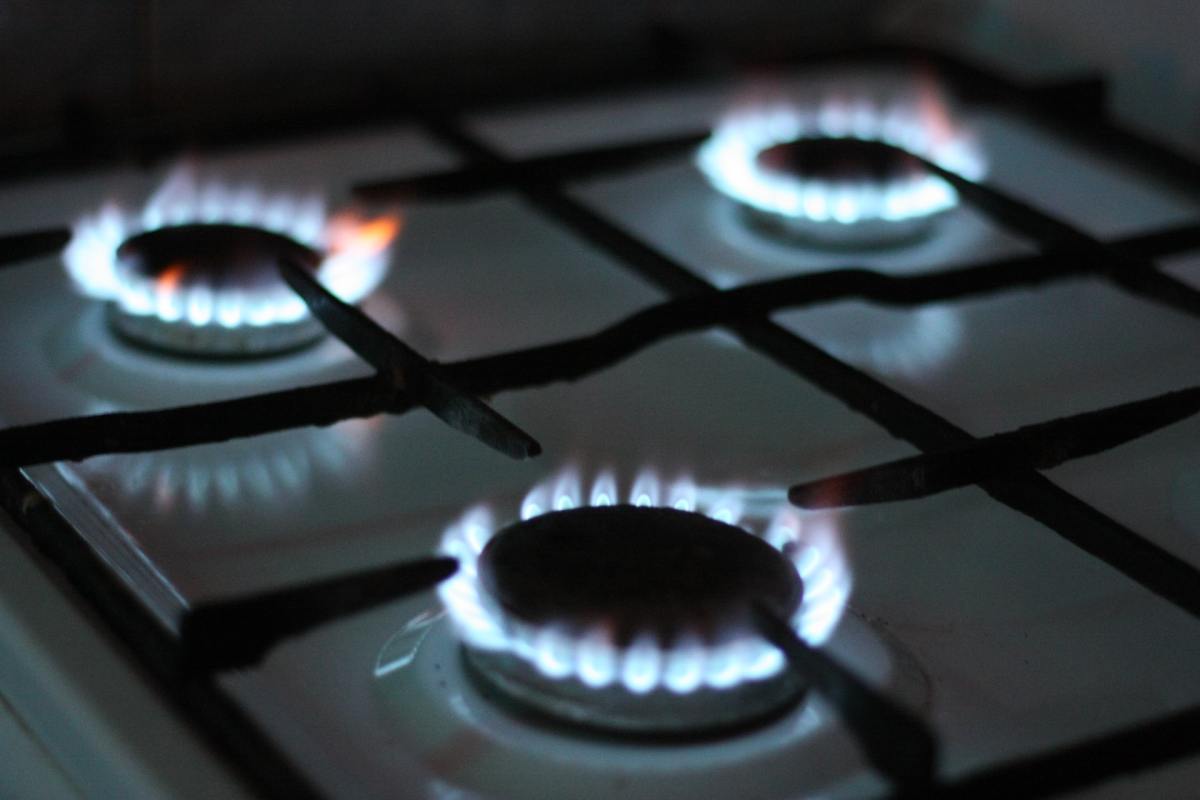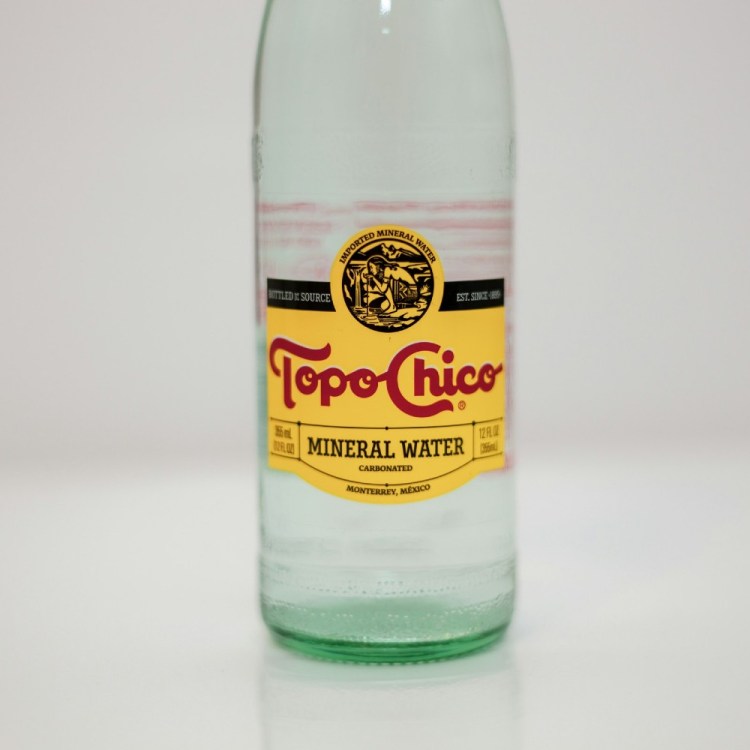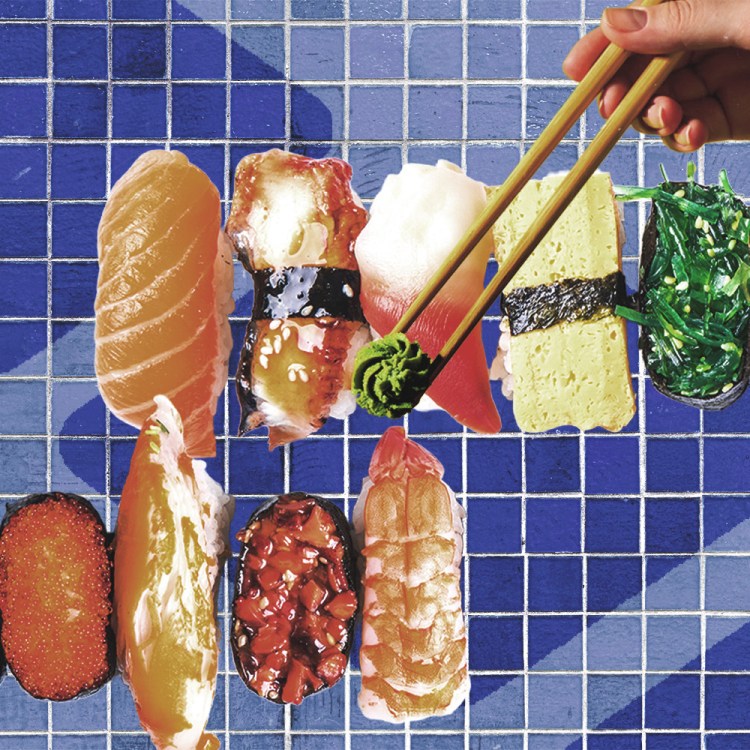When you think of cooking something on a stove, what’s the first image that comes to mind? It probably involves turning up the burners to heat up a pan or skillet — or turning that way down to let whatever you’re making simmer. But there’s a growing movement afoot that would have a significant change for home cooks. If all goes according to plan, cooking with gas might be phased out in favor of induction cooking.
In a recent interview at Vox, chef Jon Kung — who made a name for himself through a series of viral cooking videos on TikTok — made the case for why induction is better for cooking than gas.
He makes a convincing argument for the practicality of induction. “It’s just a much more efficient way of cooking in the sense that any of the heat you need to do your job is concentrated at what you’re trying to cook, not just displaced into the room and your body,” Kung said. And the idea of not sweltering in a kitchen while making a meal certainly has a lot going for it.
Kung also pointed to another point in induction’s favor — it’s more environmentally friendly. “Gas stoves produce a lot of indoor air pollution, there’s a lot of exhaust and fumes,” he told Vox. “After a certain period of time, your gas stove will burn less and less cleanly.”
One thing that could make induction more challenging to adopt, however, relates to cookware. Some materials will work perfectly well on an induction stove, like cast iron and ceramic-clad cookware. Copper or glass, however, aren’t designed to be used there — which could make for some bumps in the road moving forward.
Every Thursday, our resident experts see to it that you’re up to date on the latest from the world of drinks. Trend reports, bottle reviews, cocktail recipes and more. Sign up for THE SPILL now.














